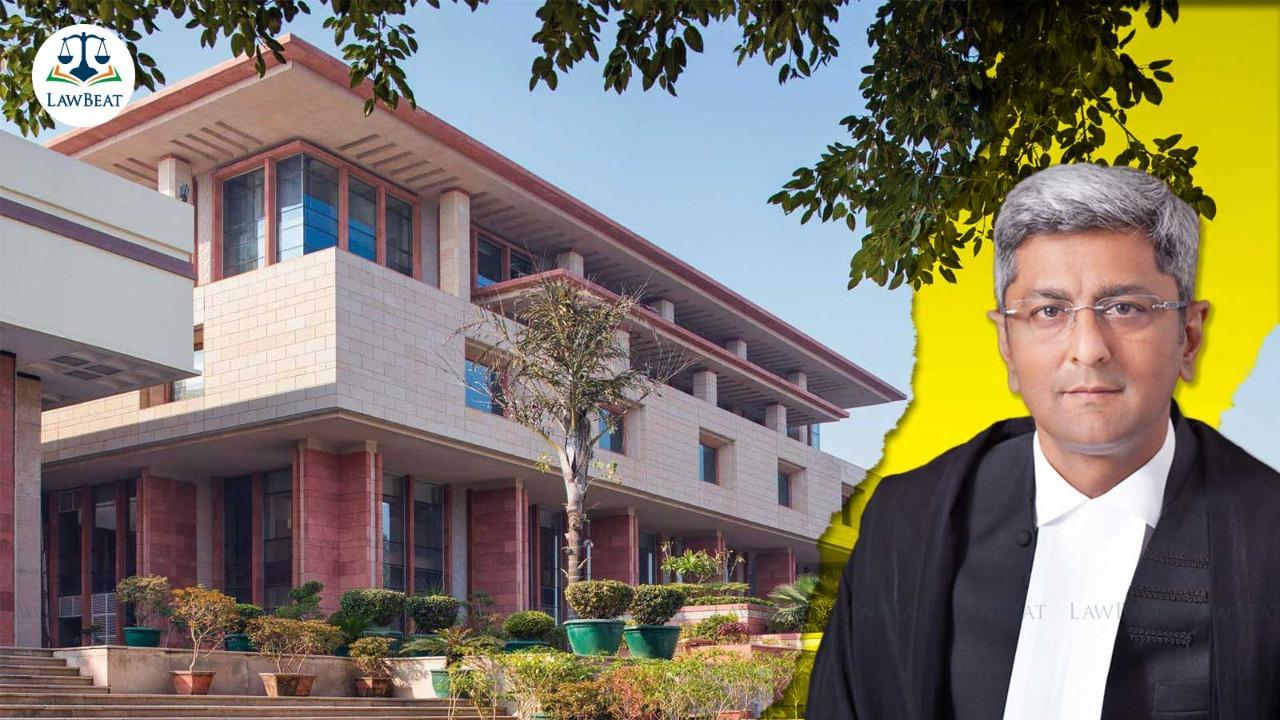Right to Long-Term Travel Abroad Cannot Be Denied Solely Due to Pending FIRs Without Conviction: Delhi HC

The Delhi High Court upheld the right to long-term travel abroad while dealing with the plea of a man who had two pending FIRs against him.
The Delhi High Court recently ruled that 'long-term travel abroad cannot be denied solely on the grounds of pending FIRs without any conviction or guilt'. The court highlighted that such restrictions are 'unreasonable' and that it would be unfair to impose such 'blanket restrictions' based solely on the existence of pending FIRs.
The court was dealing with a writ petition filed by one Amardeep Singh Bedi, who was denied a Police Clearance Certificate (PCC) due to two pending FIRs. These FIRs, filed by Enforcement Officers of the Employees' Provident Fund Organization(EPF), alleged that Bedi deducted provident fund contributions from employees' wages and failed to deposit them.
In light of the present case, the bench led by Justice Sanjeev Narula emphasized that the primary role of a Police Clearance Certificate (PCC) is to ensure transparency about an individual’s background and not to impose blanket restrictions based on pending cases. The court stated, "The petitioner's (Amardeep Singh Bedi) right to work and freedom of movement must not be unjustly restricted solely on the existence of these FIRs."
Advocate Rajiv Arora, appearing for the petitioner, informed the bench that after the FIRs were registered, a quasi-judicial inquiry was conducted under Section 7A of the Employees' Provident Funds and Miscellaneous Provisions Act (EPF) Act. The petitioner was directed to deposit INR 7,485,753, which he accordingly deposited.
Advocate Rajiv Arora further contended before the bench that a Police Clearance Certificate (PCC) that has been denied is essential for applying to the Start-up Visa Programme in Canada, where the petitioner (Bedi) intends to establish a business venture.
Given these considerations, the court directed the issuance of a PCC to the petitioner within two weeks, on the condition that it explicitly mentions the pending criminal case against him and that he has complied with the RPFC’s order by making the required deposit.
''This will provide complete transparency to the Canadian authorities for their assessment of his visa application,'' the court added.
However, Advocate Farman Ali, Special Public Prosecutor representing the state, opposed the grant of a PCC to the petitioner for Canada, stating that the police authority submitted an 'adverse' report against the petitioner.
While acknowledging the adverse report, the court noted that the petitioner’s passport was renewed in 2019 for a decade, indicating that the passport authorities found no reason at that time to deny him travel privileges.
It further noted that ''it would be inconsistent for the same authorities to now refuse to issue a PCC solely based on the pending FIRs. The issuance of the PCC will neither impact the ongoing criminal proceedings nor confer any undue advantage upon the petitioner.''
Accordingly, the court disposed of the writ petition.
Case title: Title: MR. AMARDEEP SINGH BEDI v. UNION OF INDIA & ANR
For Petitioners: Mr. Rajiv Arora, Mr. S.P. Arora, Advocates
For Respondents: Mr Farman Ali, SPC with Ms Usha Jamnal, Mr. Hussain Adil Taqvi, Advocates
